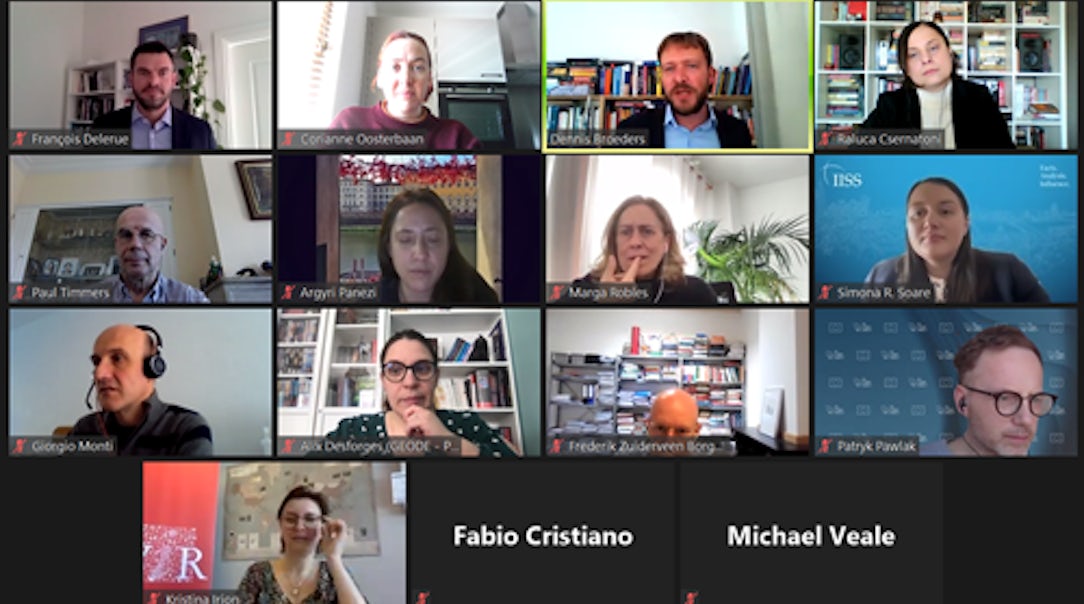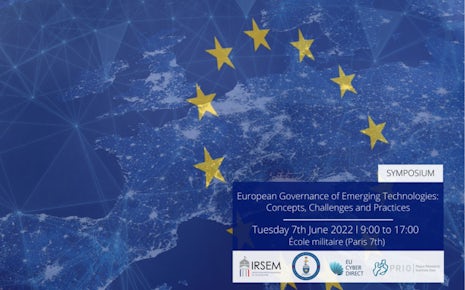As part of the series of research seminars co-organised with Leiden University’s Institute for Security and Global Affairs, EU Cyber Direct held a second seminar with the title Digital Sovereignty: from Narrative to policy? on 18 March 2022.
The event gathered a small group of scholars and experts who looked at the recent discussions and narratives about EU digital sovereignty and strategic autonomy. In particular, they discussed what this means for the array of EU policies that will have to support a new strategically autonomous and geopolitical positioning of the union.
After introductory remarks by Dennis Broeders, the first session, titled ‘Market policies and hybrid policies’, focused on the more established (internal) market polices, like competition law and GDPR, and the newer, ‘hybrid’ policies such as DSA/DMA and the AI act. For this first session, three scholars delivered input presentations on questions related to GDPR and privacy (Kristina Irion, University of Amsterdam, the Netherlands), on competition law and policy (Giorgio Monti, Tilburg University, the Netherlands), and finally on DSA/DMA and the AI act (Simona Soare, International Institute for Strategic Studies, United Kingdom).
The second session, titled ‘Foreign policy restrictions on national markets/policy and the investment agenda’, focused on policies that are formulated from an EU foreign policy perspective and require member states to align (national) security decisions with EU interests (5G toolbox, Chips Act and FDI), and on the investment agenda that is needed to build EU capacity in light of sovereignty and strategic autonomy. For this second session, three scholars delivered input presentations on questions related to FDI screening and the Chips Act (Raluca Csernatoni, Carnegie Europe, Vrije Universiteit Brussel, Belgium), on the investment agenda (Paul Timmers, Oxford University, United Kingdom), and finally on 5G toolbox and policy (Margarita Robles Carrillo, University of Granada, Spain).



